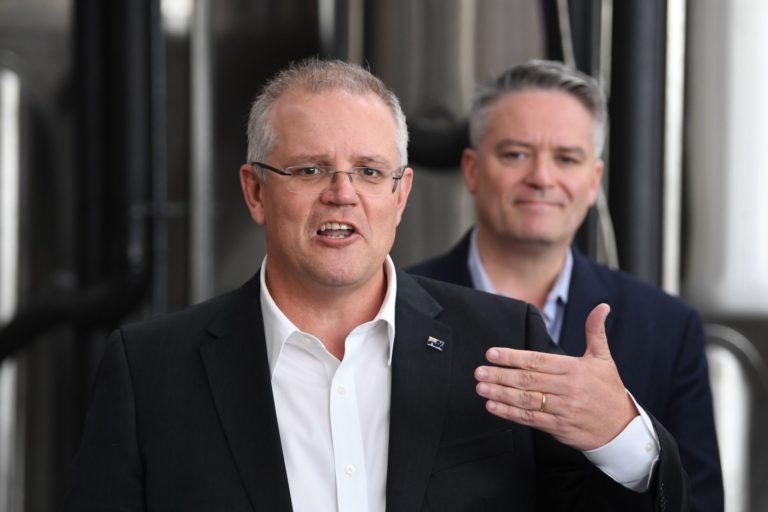While most of the talk about the 2018 Federal Budget that Treasurer Scott Morrison is presenting tonight has been focused on tax cuts for companies and individuals, there is one group of Australians who are getting the government’s attention: pensioners. According to the inforrmation that has found its way to the media, the Pension Loans Scheme will undergo significant expansion, allowing retirees to top up their income by borrowing against the value of their home. Apart from that, the Budget will include incentives for Australians who want to remain in the work force above retirement age, such as investment into trainign programs.
But for the majority of elderly Australians, the Federal Budget includes funding for tens of thousands of extra home-care packages. This measure could benefit more than 100,000 of people who are currently on the waiting list for a package, which would help them stay in their own home rather than moving to an aged care facility.
This kind of measures may well prove to be beneficial for the government’s approval numbers, much more than the debated tax breaks. When Treasurer Scott Morrison said that the tax breaks featured in tonight’s Budget

will “not be mammoth”, he was certainly not exaggerating. For the past couple of days, pundits and economist have been arguing as to the effect that a $10 extra a week can make to a low income earner and so far, this measure is already starting to backfire.
Speaking on the panel of last night’s Q & A on ABC, Labor MP Linda Burney pointed out that the weekly tax cut doesn’t amount to a whole lot when a cup of coffee can cost about $5. “I think that when you’re having a look, if you’re going to reform the tax system then proper reform it,” she said, labeling the Treasurer’s proposition as not a “decent” enough tax cut.
The measure is designed to be an increase to the Low Income Tax Offset (LITO), which is delivered as the end-of-the-year tax rebate. Currently standing at $445 per year for the low-income earners (i.e. those who earn below $37,000 per year), it gradually reduces and cuts out completely when people reach an annual income of $66,667. Under the 2018 Federal Budget, this tax rebate will be more than doubled, reaching $1,000 for low income earners and it will be extended up to those earning up to $90,000 annually, still gradually reducing according to income growth.
Despite its questionable effect on the income of lower and middle class families, the measure is still estimated at $4 billion to $5 billion a year.
